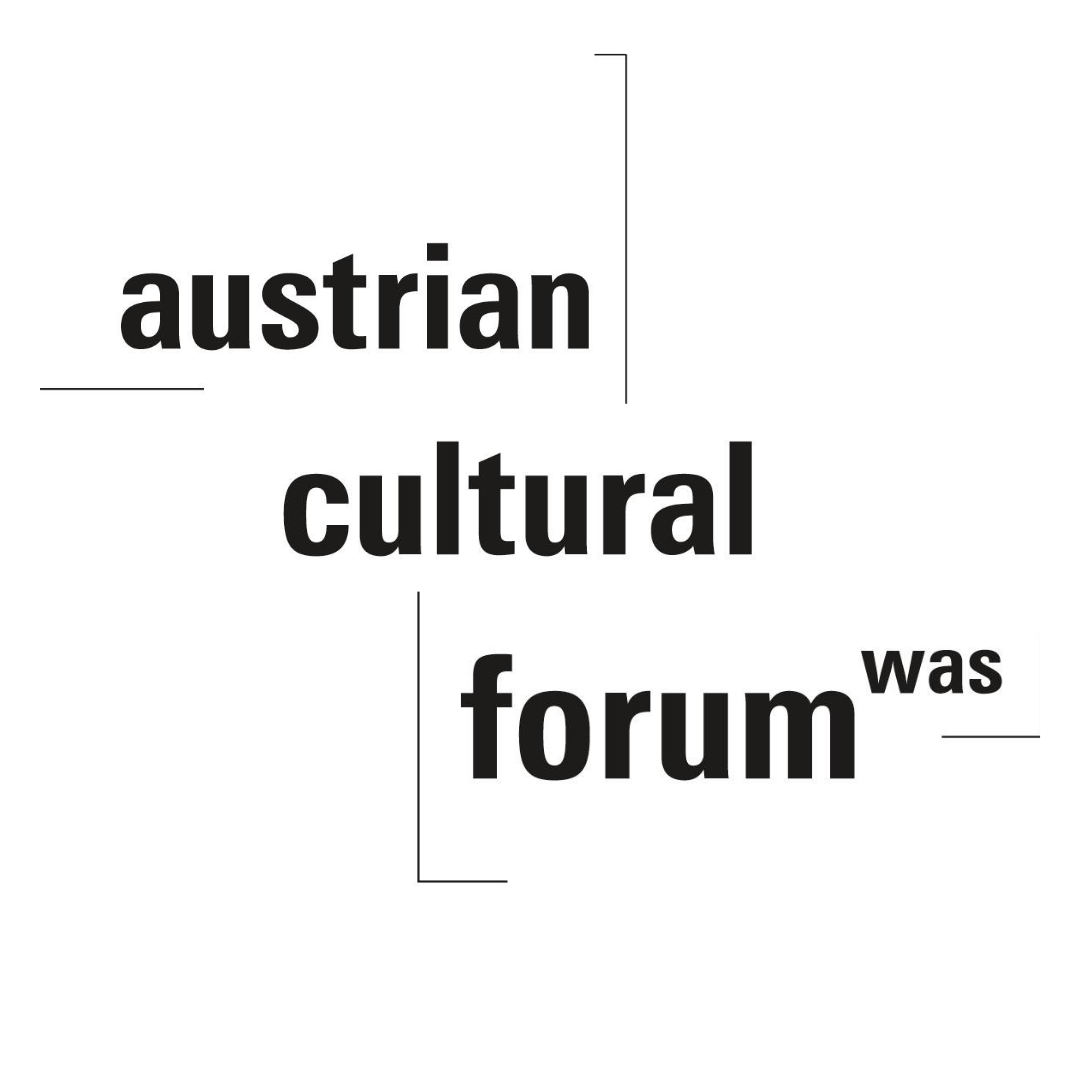Join us for an enlightening and thought-provoking discussion on Surviving the Anthropocene and Securing Human Well-being in the 21st Century, featuring distinguished speaker, Professor Dr. Hans Joachim (John) Schellnhuber, Director General of the International Institute for Applied Systems Analysis (IIASA) in Laxenburg, Austria, and one of the leading voices in climate science and sustainability. With a rich background in climate science and research, Dr. Schellnhuber has been instrumental in shaping global conversations on climate change and its impacts on human societies.
In this exclusive event in cooperation with the National Academies of Sciences, Engineering, and Medicine (NASEM), Dr. Schellnhuber will discuss the challenges posed by the Anthropocene – the age when human activity started to have a significant impact on the planet's climate and ecosystems – and strategies for securing human wellbeing in the face of unprecedented environmental changes. Innovative solutions and pathways towards a more sustainable future will also be explored.
The lecture will be followed by an Austrian wine reception.
ABOUT DR. HANS JOACHIM SCHELLNHUBER
Hans Joachim ('John') Schellnhuber currently serves as the twelfth Director General of the International Institute for Applied Systems Analysis (IIASA). Prior to joining IIASA he led the Potsdam Institute for Climate Impact Research (PIK) from 1992 to 2018 as their founding director. He also served as research director of the Tyndall Centre for Climate Change Research in Great Britain from 2001 to 2005.
Since 2019, Schellnhuber has been focusing his scientific work and communication skills on the transformation of the built environment, with a specific emphasis on the climate restoration potential of regenerative architecture. In this context, he established Bauhaus Earth as a not-for-profit company and became a member of the High-Level Roundtable of the New European Bauhaus initiative. In addition, he acted as a scientific advisor to a number of eminent public and religious leaders, institutions and government bodies and contributed in various ways to the Intergovernmental Panel on Climate Change (IPCC), which was awarded the Nobel Peace Prize in 2007.
He is a member of numerous learned societies, including the Pontifical Academy of Sciences, the German National Academy Leopoldina, the US National Academy of Sciences, the Academia Europaea, and the Academy of Athens. Throughout his career, Schellnhuber has received several notable awards, such as the German Environmental Prize (2007), the Volvo Environmental Prize (2011), the Blue Planet Prize (2017), and the Ratio et Spes Prize (2021). In 2022, he was also awarded the Honorary Edition of the German Sustainability Prize for his enormous influence on science, politics, and business by developing and communicating sustainable solutions to the global environmental crisis.
In recognition of his achievements, Schellnhuber received several prestigious honors, including being named a Commander of the Most Excellent Order of the British Empire by Queen Elizabeth II (2004). He was also awarded the Order of Merit of the State of Brandenburg (2008), the Order of Merit of the Federal Republic of Germany (2011), and the Order of the Rising Sun, Gold Rays with Neck Ribbon, of the Japanese Government (2020). In 2021, he received the Grand Cross of Merit of the Federal Republic of Germany from President Frank-Walter Steinmeier and became Chevalier de la Légion d’Honneur of the French Republic.
Schellnhuber studied physics and mathematics at the University of Regensburg, where he also completed his doctorate in quantum physics. Following a postdoctoral position at the Institute for Theoretical Physics, Santa Barbara, he held full professorships at the Universities of Oldenburg and Potsdam, as well as at the University of East Anglia in Norwich. Additionally, he was engaged in numerous visiting professorships and received honorary doctorates from the University of Copenhagen (2011), the Technical University Berlin (2012), and the University of Exeter (2022). He has published some 300 scientific articles and books and is listed as a Highly Cited Researcher (Cross Field) by Clarivate.
Image © IIASA | Matthias Silveri

